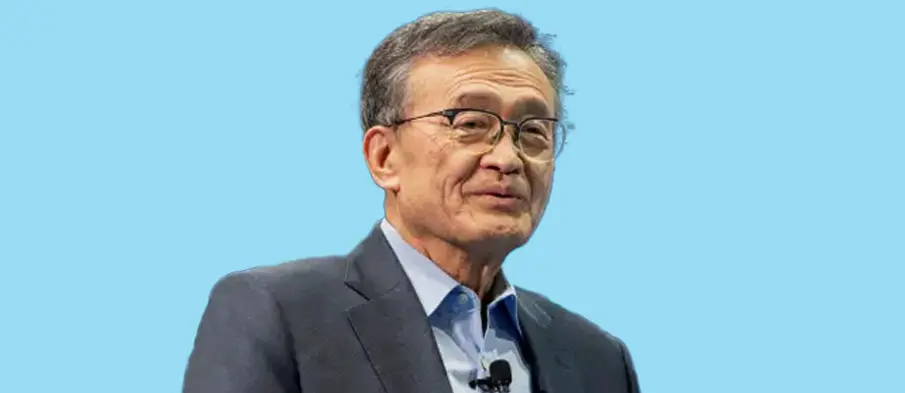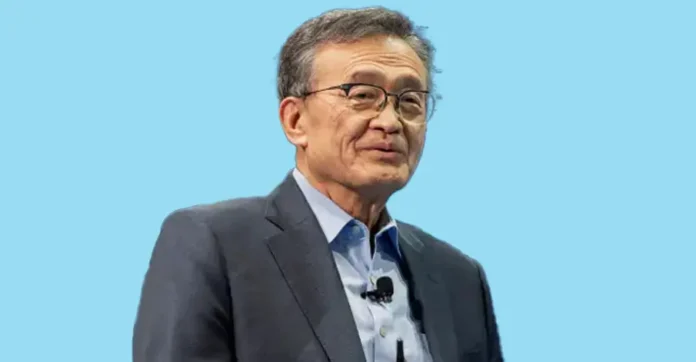
Four former Intel board members have voiced support for former US President Donald Trump’s recent criticism of Intel CEO Lip-Bu Tan, while urging a more sweeping change: spinning off Intel’s manufacturing unit into an independent company to strengthen America’s semiconductor dominance.
In a statement to Fortune, former Intel directors Charlene Barshefsky, Reed Hundt, James Plummer, and David Yoffie called for the separation of Intel’s “Foundry” business — the semiconductor manufacturing arm serving both Intel and external customers. They noted that Intel has had four CEOs in seven years with little improvement in performance, arguing that such a split is necessary to regain competitiveness and safeguard US national security.
Trump’s remarks followed concerns raised by Senator Tom Cotton regarding Tan’s alleged business links to China. Cotton’s letter claimed Tan “reportedly controls dozens of Chinese companies,” with at least eight linked to the Chinese People’s Liberation Army. On Truth Social, Trump labeled Tan “highly conflicted” and demanded his resignation.
Tan, in a memo to Intel employees, countered that “there has been a lot of misinformation circulating about my past roles at Walden International and Cadence Design Systems,” adding, “I have always operated within the highest legal and ethical standards.” The Malaysian-born executive, who has lived in the US for over four decades, reaffirmed his commitment to American national security.
The former directors’ proposal envisions an independent foundry with its own CEO and board, designed to compete with Taiwan’s TSMC for both commercial and security-sensitive projects. They suggested that remaining CHIPS Act funds should support the new company and help “persuade American design firms to place orders.”
Intel has lagged behind competitors like Nvidia and TSMC, with its chips currently two generations behind. The company received $8 billion in CHIPS Act subsidies — the largest allocation to a single firm — a factor that has intensified scrutiny over Tan’s reported Chinese ties amid heightened tensions in the semiconductor industry.





